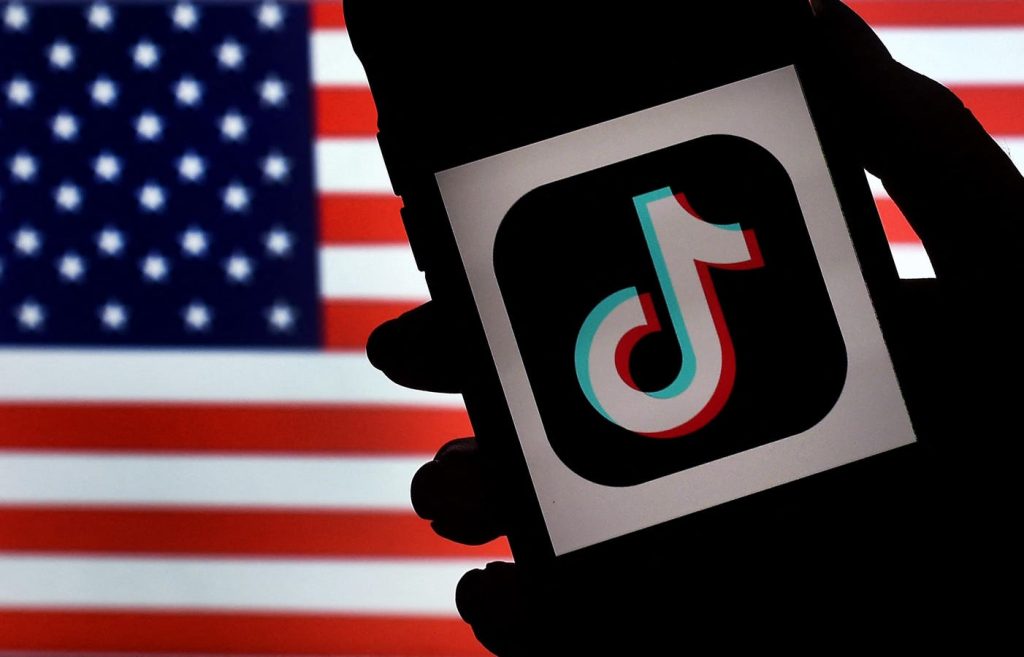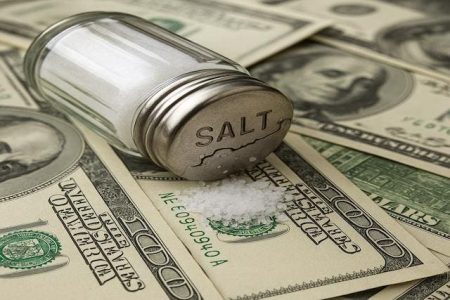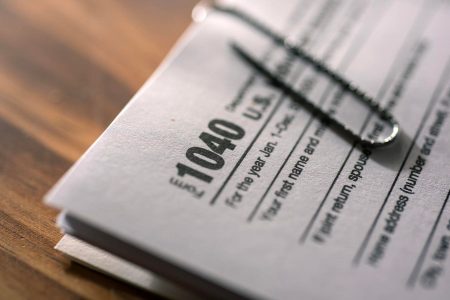The ongoing battle between the U.S. government and TikTok has intensified following a unanimous ruling by a three-judge panel from the U.S. Court of Appeals for the District of Columbia, upholding the constitutionality of a law passed by Congress earlier this year. This law mandates the divestiture or outright ban of the popular social media app, posing a significant threat to its continued operation within the United States. The diverse ideological makeup of the panel underscores the strength of the government’s case and adds weight to the decision, further complicating TikTok’s position.
In response to the ruling, TikTok swiftly filed a petition seeking an injunction to prevent the law from taking effect on January 19th, the day before President-elect Donald Trump’s inauguration. The company’s request for a decision by December 16th reflects its intention to appeal to the Supreme Court if the injunction is denied by the lower court. This tight timeline is crucial for TikTok to exhaust all legal avenues before the impending deadline. While an appeal to the Supreme Court has not been officially confirmed, TikTok’s post-ruling statements strongly suggest this course of action, with a request for an injunction likely accompanying the appeal. The Supreme Court’s decision, expected near the end of its term in late June or early July, will ultimately determine TikTok’s fate in the U.S. market.
The potential acceptance of TikTok’s case by the Supreme Court, coupled with a granted injunction, introduces a significant variable: the involvement of the incoming Trump administration. This development presents a unique twist, given Trump’s seemingly evolving stance on TikTok. During his previous term, Trump actively pursued a ban on the app, citing national security concerns. However, his rhetoric softened during the recent election campaign, where he voiced opposition to a ban. His current position remains ambiguous, highlighted by a recent noncommittal interview with NBC. This shift in tone, while not definitively pro-TikTok, suggests a departure from his previous hardline stance and introduces a degree of unpredictability into the proceedings.
Should the Supreme Court take up the case, TikTok will likely engage in negotiations with the Trump administration while awaiting a decision. These negotiations will aim to forge a compromise that avoids a ban, even if the law is ultimately upheld. The foundation for such a compromise likely lies in TikTok’s Project Texas, a proposal designed to address data security concerns. However, further concessions, particularly regarding the app’s algorithms, might be necessary to appease the U.S. government. A successful negotiation would likely preclude a complete divestiture and fall under the purview of a “qualified divestiture,” granting President Trump considerable discretion in shaping the final outcome. This discretionary power amplifies the significance of Trump’s seemingly softened stance, opening a window for a potential deal that seemed unattainable under the Biden administration.
While Trump’s potential willingness to negotiate may offer TikTok a lifeline, it could also encounter resistance from some Republican lawmakers who have staunchly advocated for a ban. Despite this, certain critics have indicated an openness to supporting a Trump-brokered solution. Representative John Moolenaar, a key figure in the anti-TikTok movement, expressed optimism about Trump facilitating an American takeover of TikTok, allowing its continued operation in the U.S. However, Congressional support for repealing the existing legislation remains uncertain, making that avenue a less likely path for TikTok to avoid a ban.
In the event the Supreme Court upholds the law and an agreement with TikTok proves elusive, Trump could consider a less conventional approach: a pledge not to enforce the law. This strategy, however, carries inherent risks. Companies like Apple and Google, facing potential liability for non-compliance, might still choose to adhere to the law’s provisions, effectively banning the app regardless of Trump’s intentions. While not a preferred solution, this represents a potential lever Trump could pull in a last-ditch effort to protect TikTok.
Ultimately, TikTok’s recent legal setback, while significant, does not signal an imminent or inevitable ban. The legal process is likely to unfold over several months, and the incoming Trump administration introduces a considerable element of uncertainty. This unpredictable factor could ultimately work in TikTok’s favor, potentially paving the way for its continued operation in the U.S. even if the current law is upheld by the Supreme Court. The evolving political landscape and the complex legal challenges ahead suggest a protracted and uncertain future for TikTok in the American market.









